Keeping your air conditioner in top shape is crucial for comfort and efficiency. Regular maintenance ensures your AC runs smoothly when you need it most. You should book an ac service at least once a year, ideally in spring before the cooling season begins.
Proper AC care extends beyond annual check-ups. Changing filters every 1-3 months improves air quality and reduces strain on the system. Clearing debris from outdoor units and checking refrigerant levels can prevent unexpected breakdowns.
Consistent maintenance leads to lower energy bills and a longer-lasting AC unit. By addressing small issues early, you avoid costly repairs down the line. A well-maintained air conditioner also provides cleaner, healthier air for your home or office.
Understanding AC Maintenance
Regular AC maintenance is crucial for optimal performance and longevity. Proper upkeep can prevent breakdowns, improve efficiency, and save you money in the long run.
Components of an Air Conditioner
Air conditioners consist of several key parts that require attention. The evaporator coil absorbs heat from indoor air. Condenser coils release heat outside. Compressors circulate refrigerant between these coils.
Air filters trap dust and debris, keeping your system clean. The thermostat controls temperature settings. Fans circulate air throughout your home.
Understanding these components helps you recognize potential issues early on.
Importance of Regular Maintenance
Regular AC maintenance extends your unit's lifespan and ensures peak efficiency. Clean air filters improve air quality and reduce energy consumption.
Preventative maintenance catches small problems before they become costly repairs. It also helps maintain proper refrigerant levels, crucial for cooling performance.
Well-maintained systems run more quietly and effectively. They're less likely to break down during extreme weather when you need them most.
Scheduling annual check-ups with a professional technician is recommended for thorough inspections and cleaning.
Signs Your AC Needs Servicing
Watch for these indicators that your AC requires attention:
- Weak airflow from vents
- Unusual noises during operation
- Bad odors when the system runs
- Higher than normal energy bills
- Inconsistent cooling throughout your home
- Frequent cycling on and off
Poor airflow often signals dirty filters or blocked ducts. Strange sounds may indicate loose parts or motor issues.
Musty smells can mean mold growth in the system. If your AC struggles to maintain set temperatures, it might need refrigerant or have compressor problems.
Don't ignore these signs. Prompt servicing can prevent more serious issues and costly repairs.
How to Service Your AC
Regular AC maintenance keeps your system running efficiently and prevents costly breakdowns. Proper servicing includes cleaning components, replacing filters, and evaluating performance.
Professional Service vs. DIY
Professional HVAC technicians have specialized tools and expertise for comprehensive AC servicing. They can perform in-depth inspections, identify potential issues, and handle complex repairs.
DIY maintenance can save money and keep your AC running smoothly between professional visits. Basic tasks like changing filters and cleaning accessible components are manageable for most homeowners.
Consider scheduling annual professional tune-ups to complement your DIY efforts. This combination ensures thorough care for your AC system.
Air Filter Replacement
Changing your AC's air filter is a crucial maintenance task you can easily perform. Locate the filter housing, typically near the indoor unit or return air vent.
Check your filter monthly and replace it every 1-3 months, depending on usage and environmental factors. Choose the correct size and type for your system.
Clean filters improve indoor air quality and help your AC run more efficiently. This simple task can lower energy costs and extend your system's lifespan.
Cleaning Coils and Fans
Dirty coils and fans reduce AC efficiency and strain the system. To clean the outdoor condenser unit:
- Turn off power to the AC
- Remove debris from around the unit
- Gently spray coils with a hose
- Use a soft brush to remove stubborn dirt
For indoor components, vacuum visible dust and use a soft brush on evaporator coils. Clean or replace the condensate drain to prevent clogs.
Evaluating AC Performance
Monitor your AC's performance regularly to catch issues early. Pay attention to:
- Cooling effectiveness
- Unusual noises or odors
- Inconsistent temperatures
- Higher energy bills
Check that all vents are open and unobstructed. Test your thermostat to ensure it's accurately controlling the system.
If you notice decreased performance or comfort, it may be time for a professional inspection. Prompt attention to issues can prevent more serious problems.
When to Schedule Professional Servicing
Regular professional servicing is crucial for maintaining your AC's efficiency and longevity. Knowing when to schedule these services can prevent costly breakdowns and ensure optimal performance.
Routine Air Conditioner Maintenance
Schedule a professional AC tune-up at least once a year, ideally in spring before the cooling season begins. This timing allows technicians to address any issues before you need your AC most. For systems in high-use areas or homes with pets, consider bi-annual servicing.
During these visits, HVAC professionals will:
- Clean or replace air filters
- Check refrigerant levels
- Inspect electrical connections
- Clean evaporator and condenser coils
- Lubricate moving parts
These routine checks help prevent minor issues from escalating into major problems. They also ensure your AC operates at peak efficiency, potentially lowering your energy bills.
Addressing Refrigerant Leaks
If you notice your AC isn't cooling as effectively or you hear hissing sounds, you might have a refrigerant leak. Schedule a professional service immediately if you suspect this issue.
Signs of a refrigerant leak include:
- Warm air from vents
- Ice on refrigerant lines
- Higher energy bills
Only certified HVAC technicians should handle refrigerant. They have the tools to detect leaks accurately and safely recharge your system. Prompt attention to refrigerant issues can prevent compressor damage and extend your AC's lifespan.
Handling Electrical Issues
Electrical problems in your AC require immediate professional attention. Schedule a service if you notice:
- Frequent circuit breaker tripping
- Burning smells from vents
- Strange noises when the AC starts
These symptoms could indicate serious electrical faults that pose safety risks. HVAC professionals can diagnose and repair issues with capacitors, contactors, or wiring. They ensure all electrical components meet safety standards and operate correctly.
Don't attempt DIY repairs on electrical parts. Professional servicing for these issues protects your home and family from potential hazards while keeping your AC running smoothly.
Improving Air Quality and Efficiency
Regular AC maintenance enhances air quality and boosts efficiency. Proper care leads to cleaner air, lower energy bills, and improved system performance.
Optimizing Airflow
Clean or replace air filters monthly. Dirty filters restrict airflow, reducing efficiency and air quality. Vacuum vents and registers to remove dust and debris. Keep outdoor units clear of leaves, grass, and other obstructions.
Check and clean evaporator and condenser coils annually. Dirty coils hinder heat transfer, making your AC work harder. Straighten bent fins on coils to improve airflow.
Ensure supply and return vents are unobstructed by furniture or curtains. This allows for proper air circulation throughout your home.
Enhancing Energy Efficiency
Set your thermostat to 78°F (26°C) when you're home and higher when away. Each degree increase can save up to 3% on cooling costs.
Use ceiling fans to create a wind-chill effect, allowing you to raise the thermostat by 4°F without affecting comfort.
Seal air leaks around windows and doors with weatherstripping or caulk. This prevents cool air from escaping and warm air from entering.
Add insulation to your attic and walls to keep heat out during summer months. This reduces the load on your AC system.
Upgrading AC Units
Consider replacing your AC if it's over 10 years old. Newer models are more energy-efficient, saving you money on utility bills.
Look for units with high SEER ratings. The higher the SEER, the more efficient the system.
Install a programmable or smart thermostat to automatically adjust temperatures based on your schedule. This can lead to significant energy savings.
Choose the right size AC for your home. An oversized unit will cycle on and off frequently, reducing efficiency and comfort.
Our technicians can help you decide on the best type and size of system for your space. Call us today to speak to one of our experts.

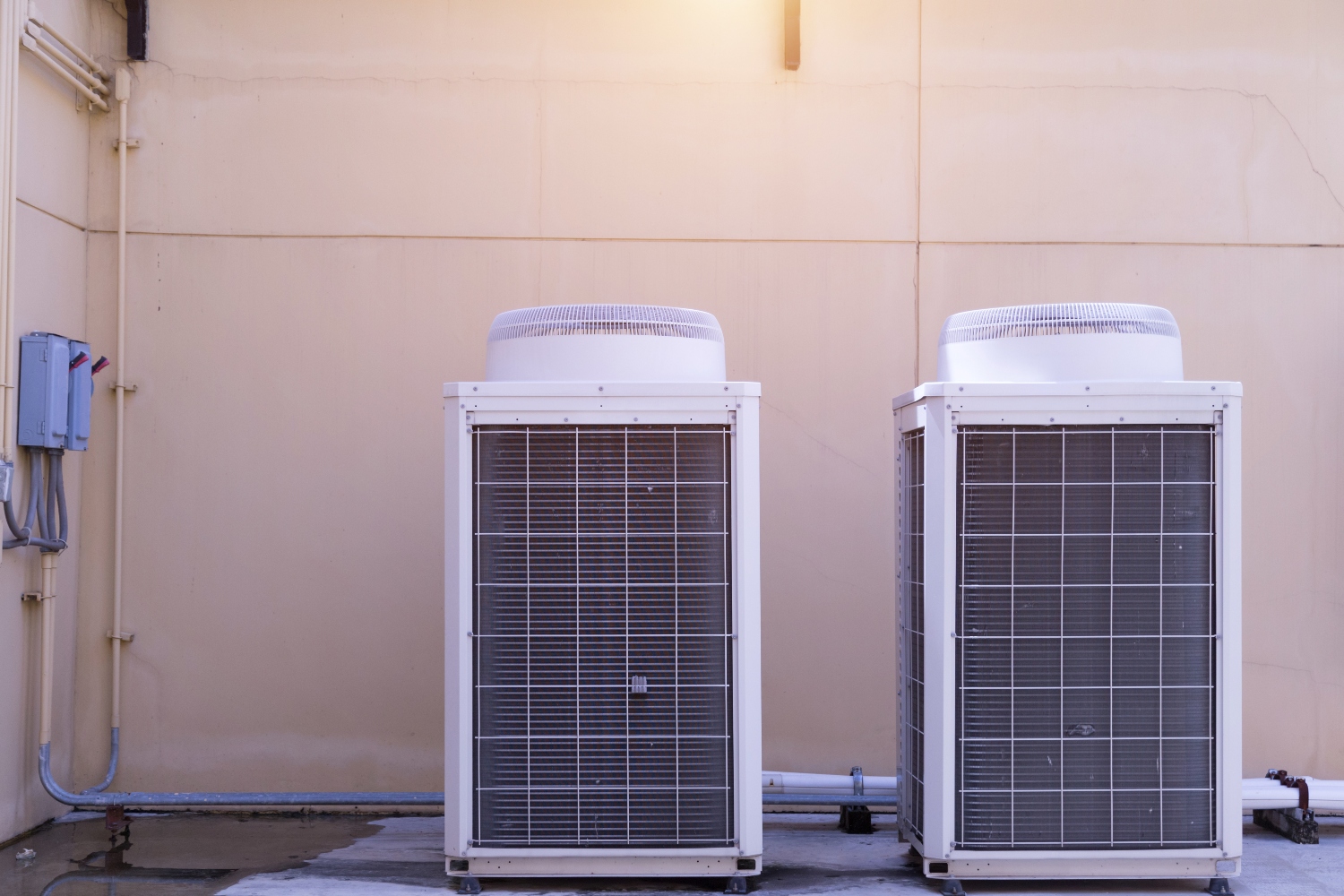
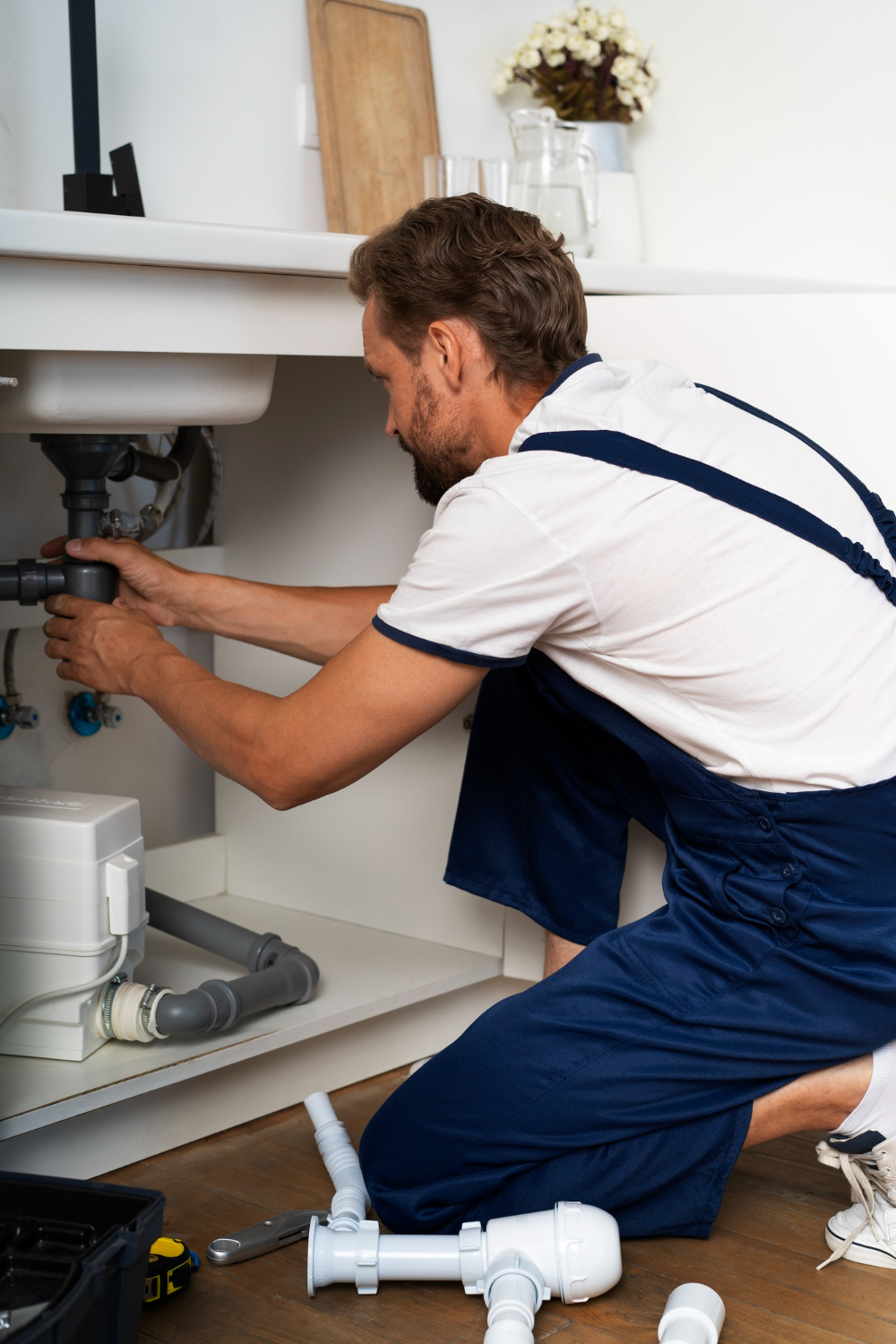
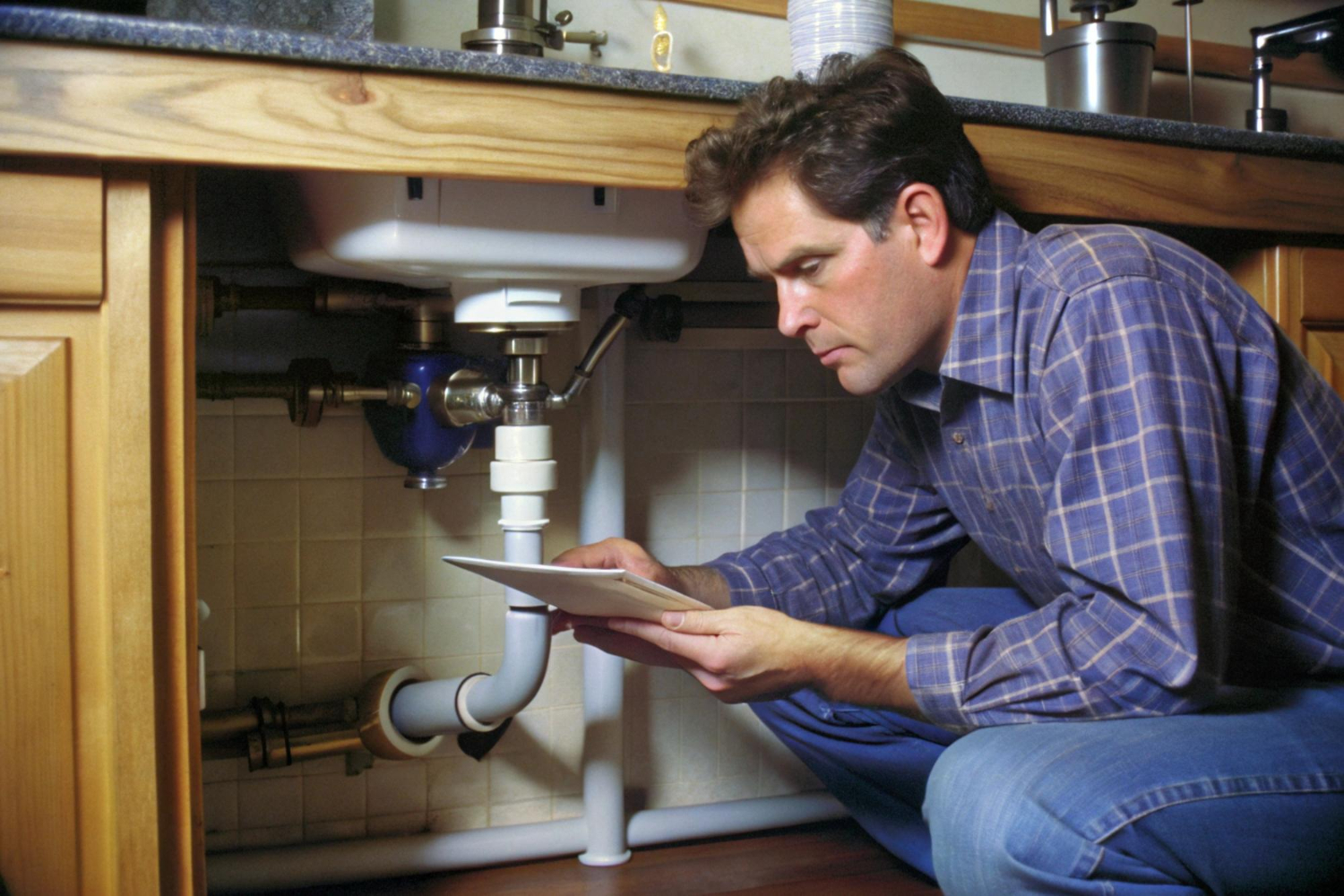
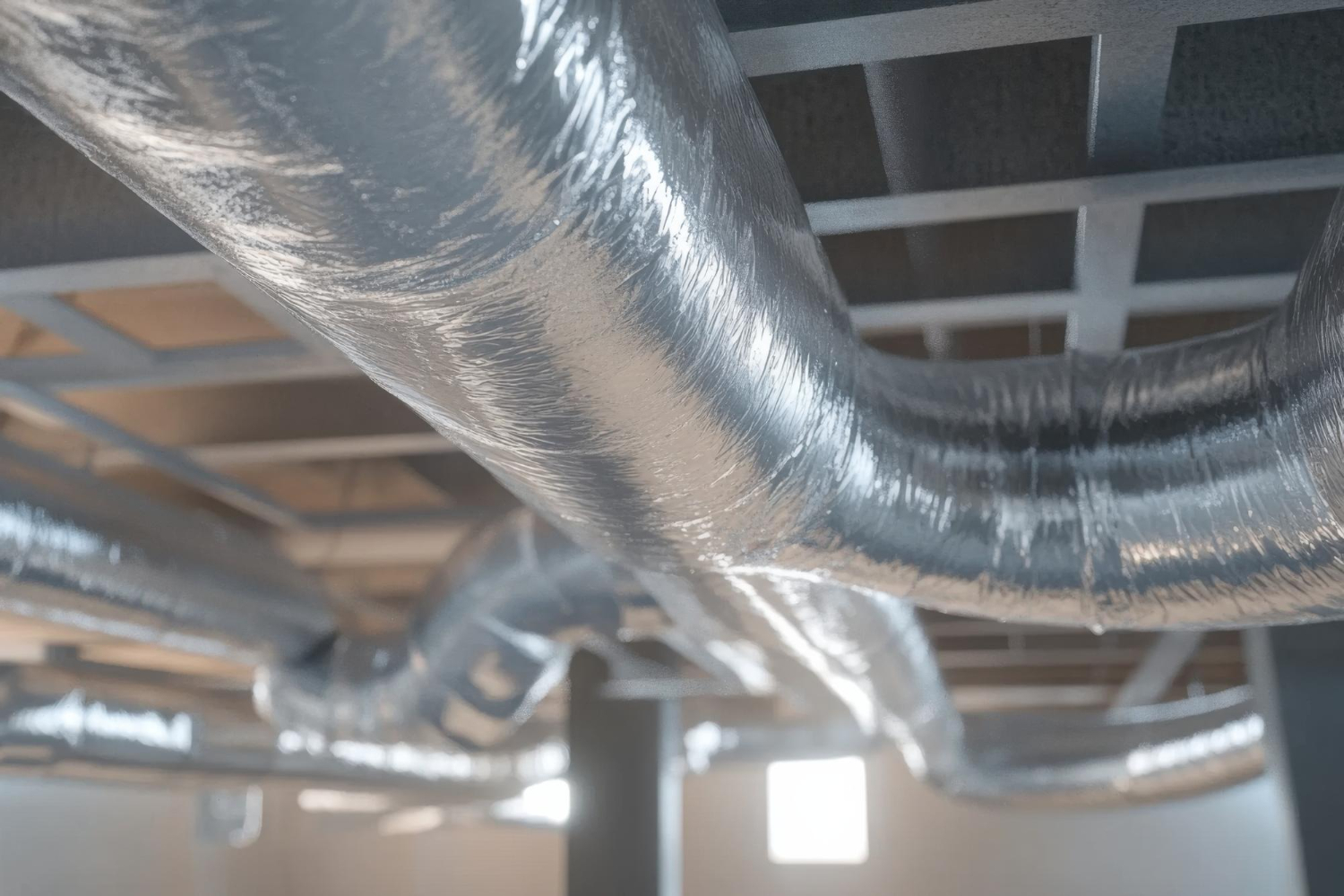
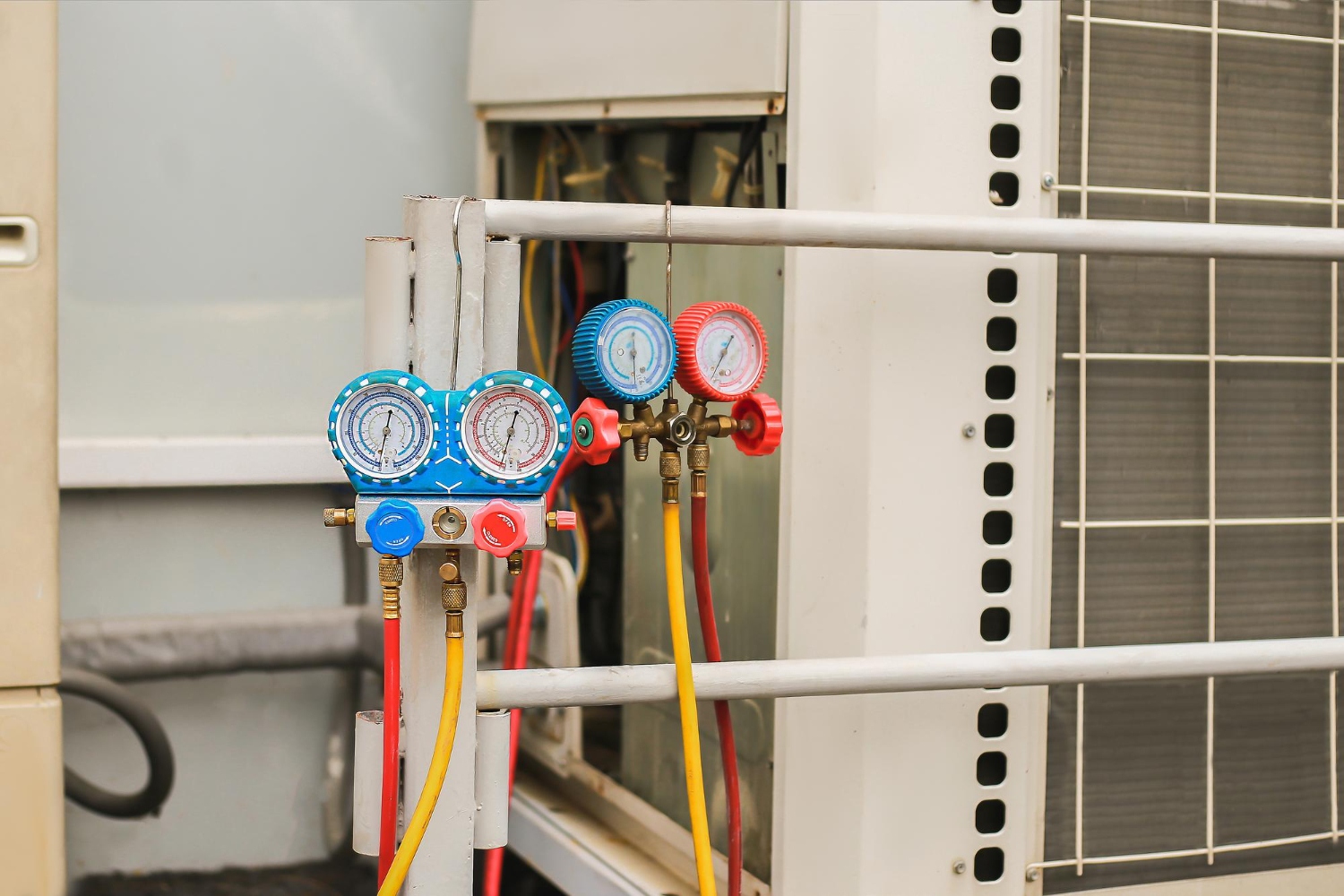
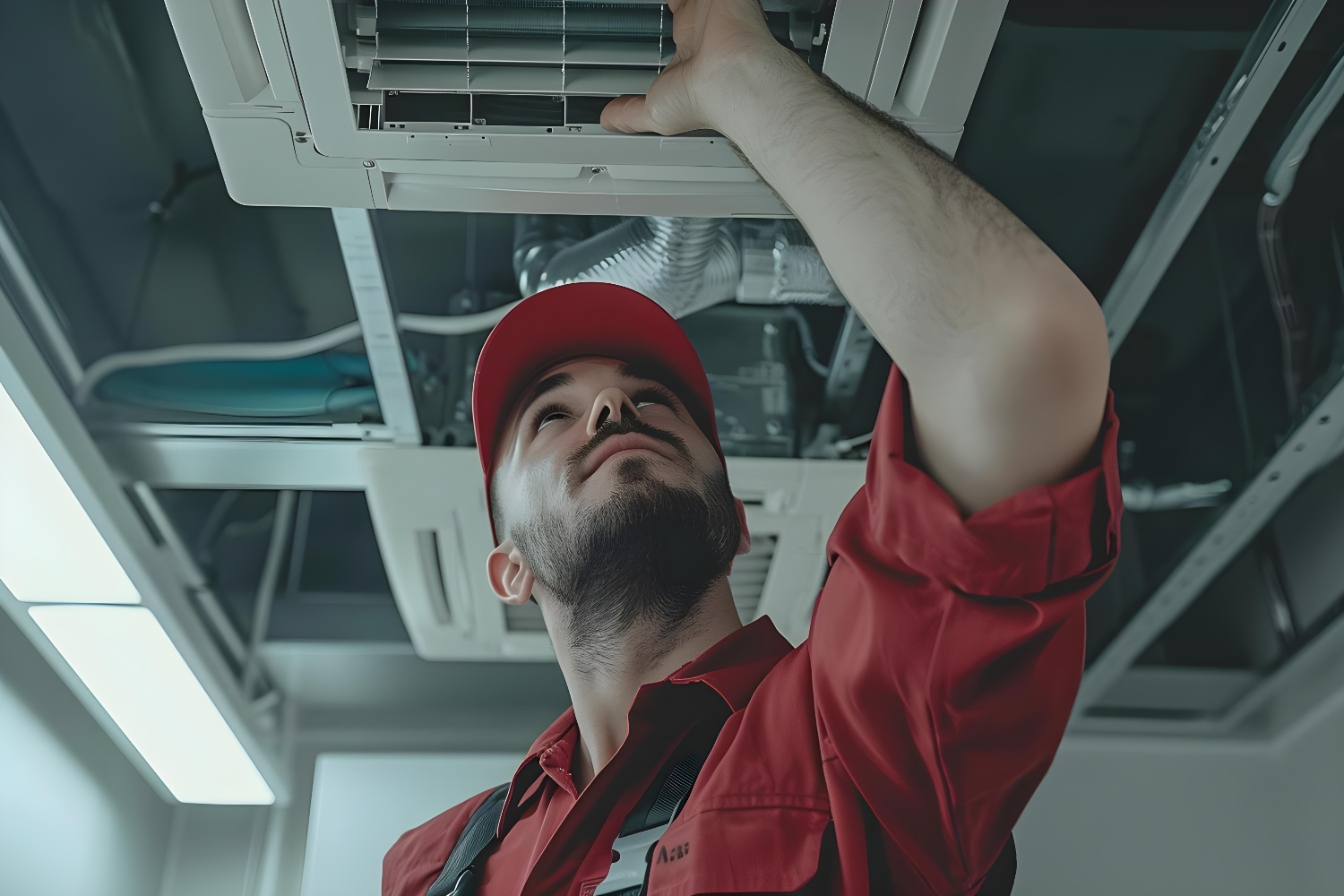
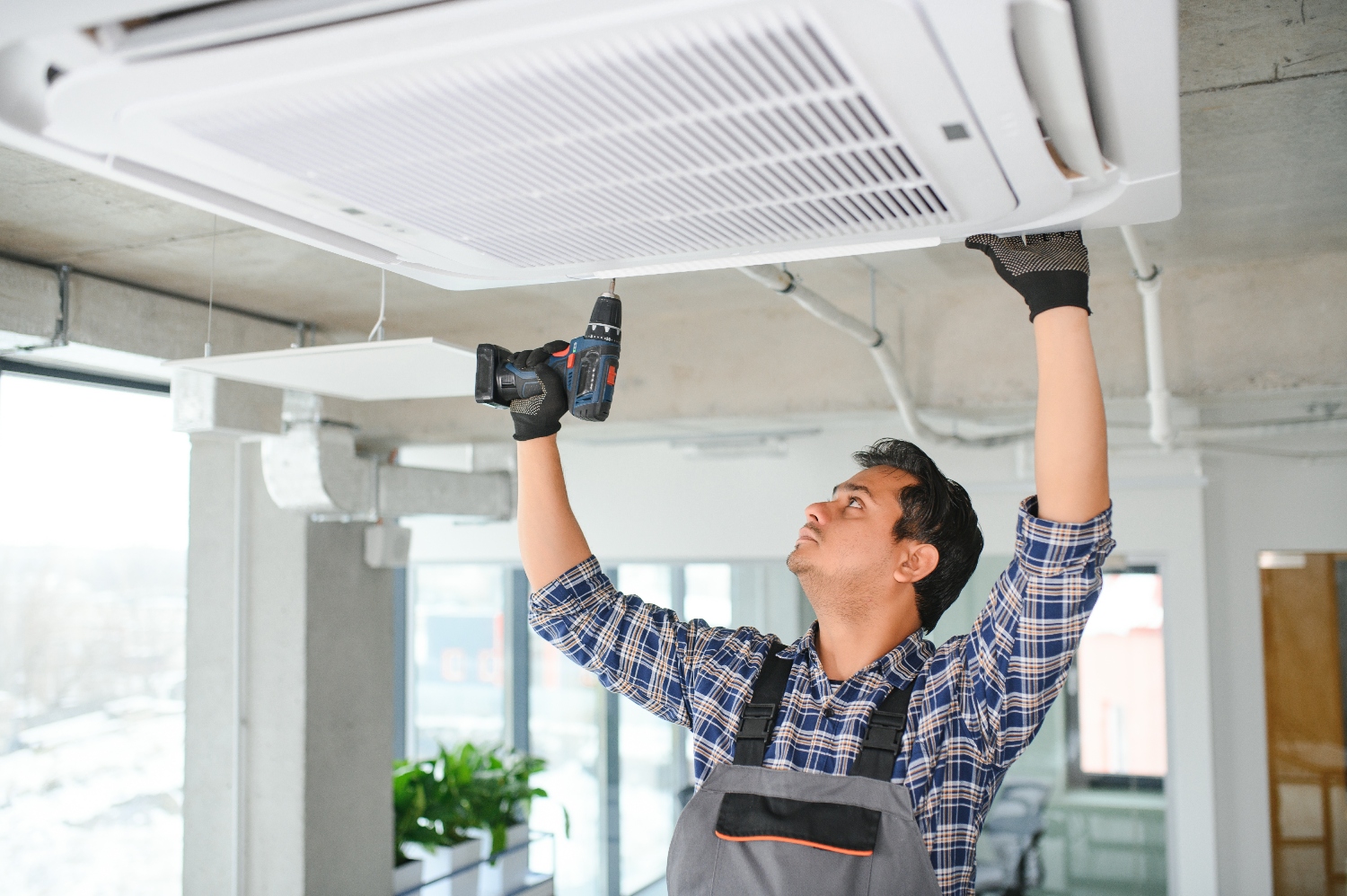
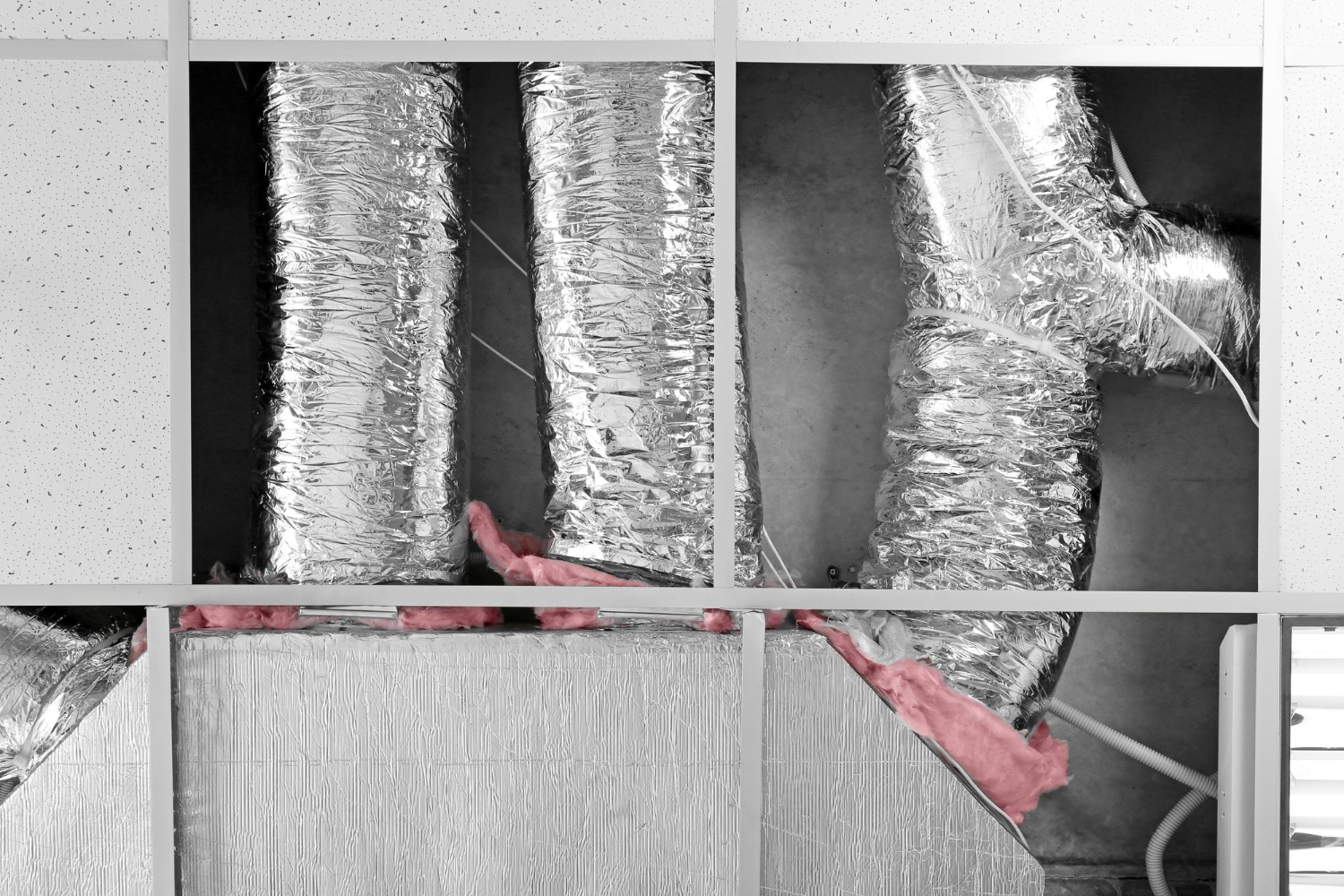































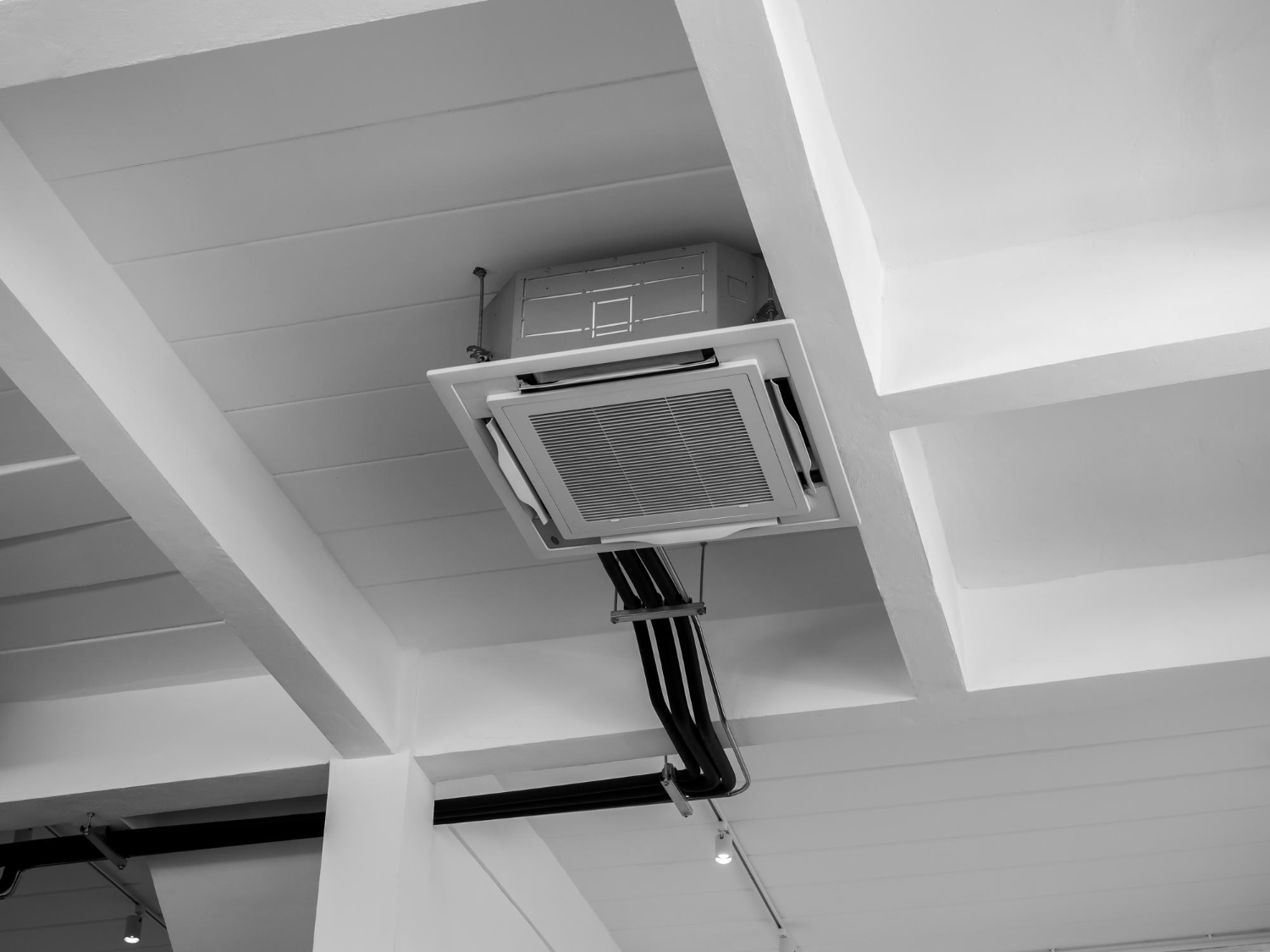




























.jpg)
.jpg)

.jpg)
.jpg)




















